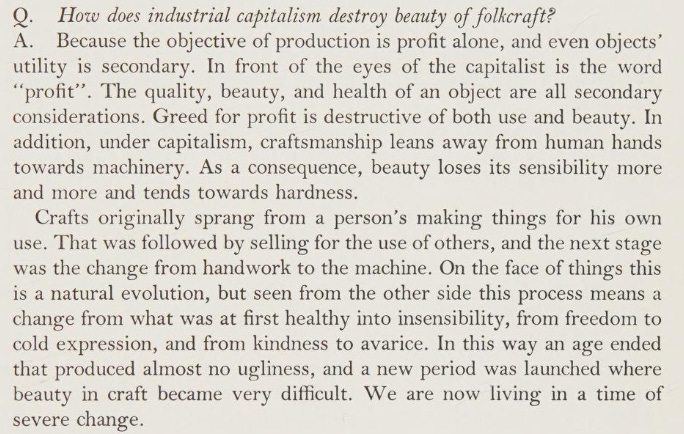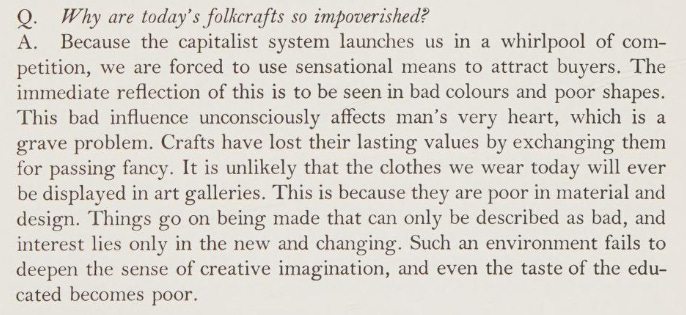The Eternal Present: The Good That’s Been Forgotten Has Been Lost

Correspondent LoneWolf made an important point in this response to my post The Economy of Denial: Addiction, Extortion, Deception:
“What Mr. Smith says struck me as absolutely true, but I believe that it will likely never change. Why? Because there are entire generations now that didn’t experience refrigerators that ran for 25 years without repair; didn’t experience banks that would give you a gift just for opening an account and then pay you a decent interest rate; didn’t experience calling a customer service rep and getting a real person on the phone on the first try without navigating a phone menu; and the list goes on and on. All they know is what exists now. They have no basis for comparison. As with Mr. Smith, I remember these things and I miss them. Yes, technology had improved, and I appreciate things like having information on almost anything instantly available, but most things come with a price, and sometimes I wonder if overall the trade-offs are worth it.”
Here’s my summary of this mechanism of time and forgetfulness: Once the experience of quality has been lost, then the debased, inferior product/service is assumed to be “the way it is,” i.e. standard, normal, acceptable.
The same can be said of security, accountability, transparency and community–all degraded but now taken to be “the way it is,” as there is no comparison to a higher quality of life and no awareness that there are higher-quality alternatives to the debased present–alternatives that were standard and normal in previous generations.
This assumption that a debased quality of life is “the way it is” that must be accepted is a continual process. Those of us with a sharp memory of the early Web (circa 1997 to 2003) can remember a freedom and spirit that has been lost in the dominance of Big Tech platforms’ algorithms and “community standards,” NewSpeak for shadow-banning and banishment to Digital Siberia for crimes that are never specified.
That the present generation assumes appliances must be replaced every few years is astounding to those who recall renting cheap apartments with refrigerators that were already 40 years old–and that was 20 years ago.
The forgetting of quality and the quality of life stretches far past durability into the realm of our inner experience of goods and services, into the realm of beauty, practicality and utility.
The book The Unknown Craftsman: A Japanese Insight into Beauty (1972) is a classic exploration of craft and the quality of life in a mechanized world of commoditized goods and services.
As LoneWolf observed, there are always costs and tradeoffs. The industrialized production of commoditized products and services has lowered the financial price of goods, enabling millions of people to buy products that would not be affordable if they weren’t mass-produced.
The tradeoffs have largely been forgotten, and the wealth of commoditized goods and services hasn’t diminished the impoverishment of other qualities of life beyond low prices and throwaway abundance. Consider these excerpts from The Unknown Craftsman:

And this:

It seems to me that much of the derangement we experience is connected to this inner impoverishment in ways that are largely invisible in a culture attuned to social media, markets, government policies and therapeutic contexts.
What’s the alternative? It seems to me that the qualities of craft are not limited to pottery or woodworking; they are available to all in day-to-day life in the preparation of meals made of real food, and turning away from the digital world in favor of the tangible world, and in pondering the possibility that our collective derangement isn’t a medical condition as much as an inner impoverishment we’ve lost the ability to even recognize.
https://charleshughsmith.substack.com/p/the-eternal-present-the-good-thats
